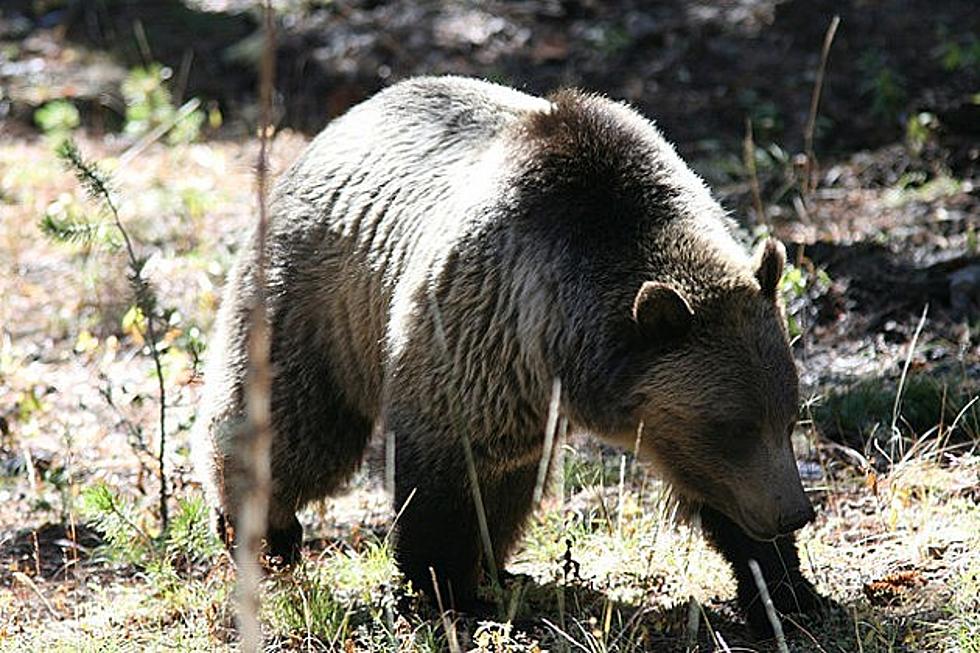
University Of Wyoming Researcher Studies Decision Making Of Songbirds
A University of Wyoming researcher hopes that his study of decision making in songbirds will lead to an improved understanding of human decision making.
Jonathon Prather, an assistant professor in UW’s Department of Zoology and Physiology, spend the next five years studying the decision making process of songbirds by assessing how the brain assigns value to experiences and uses that information to choose a mate.
“When a female evaluates the quality of a song, they’re getting insight in the (male) bird’s life history,” says Prather, who studies finches and sparrows. “Things like how well he learned to sing; nutrition when he was young; and his nutrition now.”
In female songbirds Prather has studied, male song is the most important factor that influences the female’s choice of mate. That decision is evident in easily quantifiable reproductive behaviors. Prather will study how subjective value of male song is encoded in the female songbird’s brain.
“Songbirds are like humans, in that they use the sounds they learn in communication,” Prather says. “It turns out the tempo in their song is a very important feature in how they (female songbirds) evaluate song quality. If you can sing through a wide range of frequencies and do that rapidly, that is impressive to females.”
What remains unknown is the circuit through which evaluation directs selective motor activation, he says. In other words, “How does the brain assign value to experiences and use that information to choose a mate?”
“Defining this link is essential to understand decision making, and mate choice in female songbirds is an excellent context in which to determine how the nervous system encodes that connection,” Prather says. “We hope to use the aspects of decision making that we discover in birds to gain insight into human decision making.”
An improved understanding of decision making and social behavior will help advance a number of fields, including neuroscience, psychology and economics, Prather says.
To assist his research efforts, Prather will use an $850,000 Faculty Early Career Development (CAREER) Program Award he recently received from the National Science Foundation.
The research grant will pay for graduate students, undergraduate research stipends and community outreach associated with the grant. NSF CAREER Award stipulations require the award recipient to include an educational outreach component as part of receiving the grant money.
The research will provide unique training opportunities for four graduate students, 20 undergraduate students and five high school science teachers.
“We want to use this research to build curriculum modules we can use in high school science classrooms and introductory biology classes, and engage students in active learning,” Prather says.
As part of the outreach component, Prather will partner with high school science teachers from around the state to develop active-learning curriculum modules based on this research. All materials will be placed online to expand the impact and reach of the research beyond Wyoming.
More From KOWB 1290









